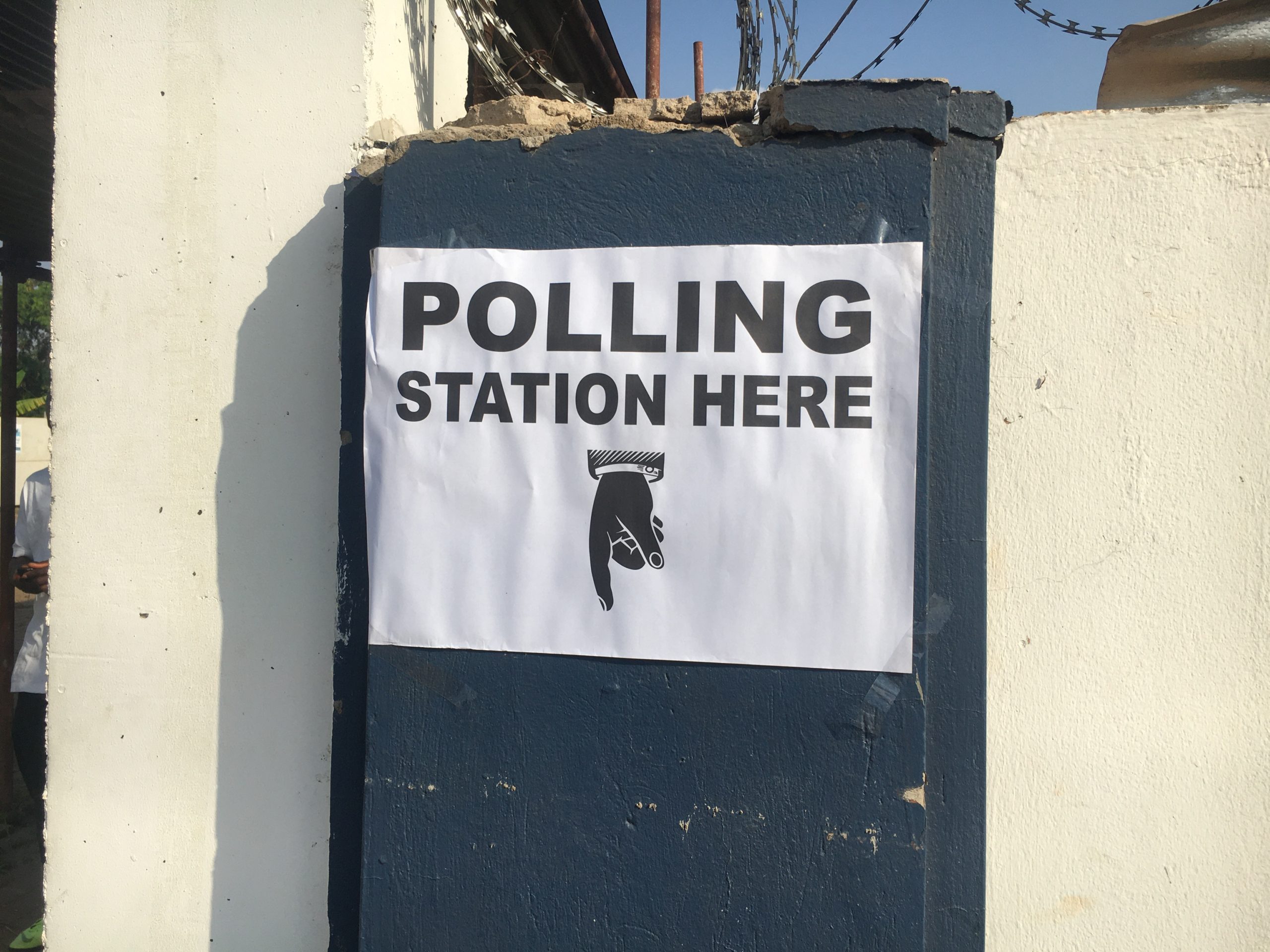
The brutal forced eviction of 61 people, including 33 children, from a farming area in Eswatini one year ago has left in its wake a host of distressed children and poverty-stricken families struggling to survive, Amnesty International said following speaking to the affected families 12 months after they were made homeless.
On 9 April 2018, Eswatini authorities deployed armed police and bulldozers to demolish four homesteads in the Emphetseni farming area in the Malkerns town. Everyone lost their homes following the demolitions. Many of those evicted have lost their livelihoods as well as access to the graves of their loved ones.
“The forced evictions in Malkerns have destroyed people’s futures, including children whose education has been interrupted,” said Deprose Muchena, Amnesty International’s Regional Director for Southern Africa.
“The affected families have been thrown into a cycle of poverty that they may never escape. They did not only lose their homes and livelihoods, but deep cultural connections with the land that they have known as their home for over six decades.”
One year since the forced evictions, residents told Amnesty International they have been relegated to a life of misery. Many of the families are women-headed households who were subsistence farmers.
One woman told Amnesty International: “There’s a big difference [now]. In our land we used to plough [and grow our own food], now everything costs money.”
Another affected man said: “Before, we could eat as much as we want[ed]. Now, cabbage costs $1.41 USD in supermarkets.”
Those who found places to stay are now having to find money to pay rent, an additional burden which has left them with no money to pay for their children’s school fees.
Distressed children
Thirty-three children were among the 61 people forcibly evicted, and some have experienced significant distress after they witnessed the destruction of their family homes. Many parents told Amnesty International that their children were anxious and needed counselling.
“The children are not learning very well. We used to plan for school fees, it’s difficult to plan now,” said one parent about not having sufficient funds to pay school fees.
Amnesty International is calling for reparation and compensation for the affected families, including access to adequate housing, water, sanitation, education and health care services. Children affected by the forced eviction must also be assisted with psychosocial support.
The organization is also calling for a nationwide moratorium on mass evictions until adequate legal and procedural safeguards are in place to ensure that all evictions comply with domestic and international human rights standards.
“The people of Eswatini live at the mercy of the authorities and other title deed land owners. Due to the country’s flawed land tenure system, many of them are vulnerable to forced evictions and homelessness," said Deprose Muchena.
"The Eswatini authorities must guarantee people the security of tenure and put an end to forced evictions.”
The Malkerns evictions were carried out by the Sheriff of the High Court of Mbabane following a High Court order of July 2017. Following the demolitions, some evicted residents had no option but to spend the night in a chicken shed. Others slept outside in the rain to safeguard their belongings.
Background
In its report in 2018, Amnesty International highlighted the impact of ongoing forced evictions in Eswatini, which have rendered hundreds of people homeless over the years.




















Facebook
Twitter
Pinterest
Instagram
Google+
YouTube
LinkedIn
RSS